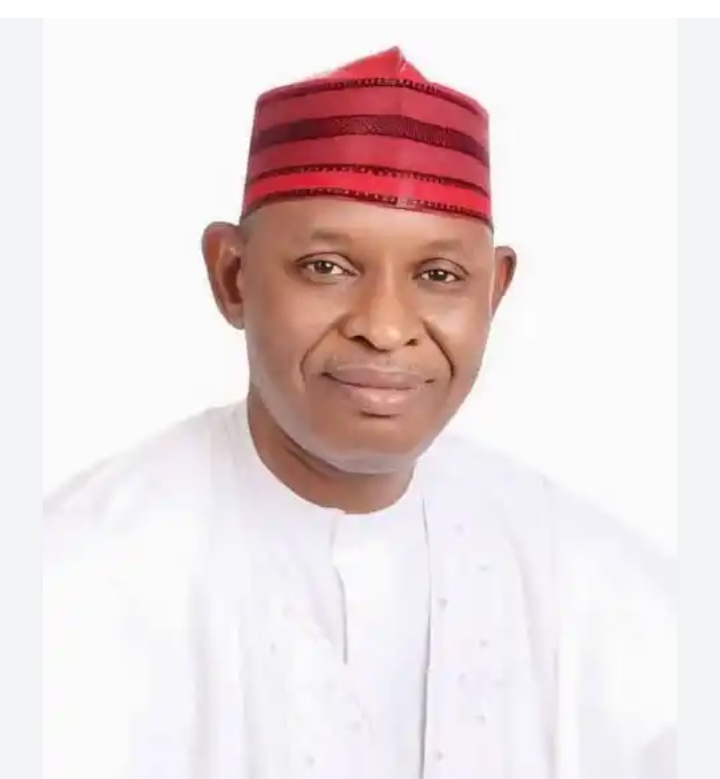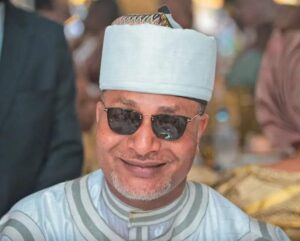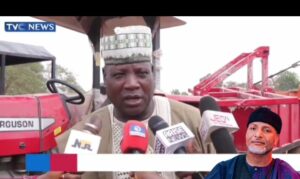
Professor Roko’s Healing Hand: Governor Yusuf’s Generosity
By: Lamara Garba
In a world where leadership often wears the heavy cloak of command, Governor Abba Kabir Yusuf of Kano State walks a different path—one marked not by spectacle, but by quiet grace. His recent donation of N5 million to support the health of Professor Abubakar Roko, a senior lecturer at Usmanu Danfodiyo University Sokoto, shines like a candle in a stormy night—a gesture simple in form, yet profound in meaning.
This act of compassion stirred a ripple through the academic community, reaching hearts far beyond Sokoto. The family of Professor Roko, alongside the Academic Staff Union of Universities (ASUU) UDUS branch, offered their deep thanks. For them, the governor’s support was not just financial—it was a lifeline, a moment of humanity in an often indifferent world.
Professor Roko’s struggle for access to medical care echoes a troubling truth: that even those who nurture the minds of generations can find themselves abandoned in times of need. When society allows a scholar—one who has dedicated his life to the service of knowledge—to fall through the cracks, it begs the question: who among us is truly safe?
Indeed, Governor Yusuf’s gesture is more than an act of charity; it is a quiet protest against this injustice. It is a reminder that governance, at its best, is an extension of empathy. That leadership is not just about steering the ship, but about seeing those who have fallen overboard—and reaching out a hand.
Beyond the naira and kobo, what Governor Yusuf has given is dignity. His kindness says, “You matter.” It is a message sorely needed in times where those who build the foundations of our future—our teachers, our thinkers, our guides—are too often overlooked.
The ASUU Zonal Coordinator Professor Abubakar Sabo in terse verbal message of appreciation who, himself a staff of UDUS described Governor Abba as a “Messiah.” Saying, forever we shall not forget you, in our hearts. While titles are fleeting, the sentiment behind the praise is enduring. Governor Yusuf’s empathy has breathed life into the belief that leadership can still be rooted in service, not self.
In a letter penned by Professor Aminu Muhammad Bui, Head of the Department of Computer Science at UDUS, heartfelt gratitude poured forth: “This act of kindness and compassion from your esteemed office has brought immense joy and relief to Professor Roko and his loved ones.” These are not just words of thanks—they are testaments to the healing power of compassion.
Meanwhile, Professor Ibrahim Tajo Siraj, Chairman of ASUU BUK, illuminated the grim landscape of public education: dwindling morale, poor working conditions, and an exodus of talent—each one a symptom of a system that has long been neglected. His call for reform is a plea to rescue the very soul of the nation’s development engine.
Indeed, a society that does not cherish its educators weakens the roots from which all progress grows. The conditions endured by those in the education sector are not just unfortunate—they are unacceptable. Their resolution demands more than words; it requires will, vision, and urgent action.
Therefore, Governor Yusuf’s act is a glimmer in this long night, a sign that compassion can still guide power, and that true leadership is not found in titles, but in the quiet decisions that uplift lives.
It calls us to imagine a new dawn—where educators are honored, not merely with words, but with systems that support them; where acts of kindness are not rare exceptions, but a culture of care. Governor Yusuf’s compassion is a seed—may it find fertile ground in the hearts of other leaders.
And so, as the dust of this singular act settles, may it not fade into memory, but grow into a movement—a call to conscience. For in Governor Yusuf’s gesture, we find a lesson not just in leadership, but in humanity. And may that lesson echo far beyond Kano, beyond Sokoto—into every corner where hope waits to be awakened.
Perhaps, Governor Abba Kabir Yusuf’s donation to Professor Abubakar Roko is more than just a gesture of kindness; it is a reflection of his character as a leader. It shows that he is a man of compassion, empathy, and enduring humanity—one who listens not just with his ears, but with his heart.
It is worthy to note that in a time when many cry out for leaders who truly understand the burdens of everyday people, Governor Yusuf’s act stands as a quiet yet powerful answer.
It reminds us that leadership is not measured by grand speeches or lofty titles, but by the courage to care and the grace to act. His benevolence has not only lifted a man in need, but also rekindled faith in the idea that public service can still serve the public. May this gesture inspire others in power to lead not from above, but from among—and to remember that the true strength of leadership lies in the strength it gives to others.
Lamara Garba writes from Bayero University, Kano





